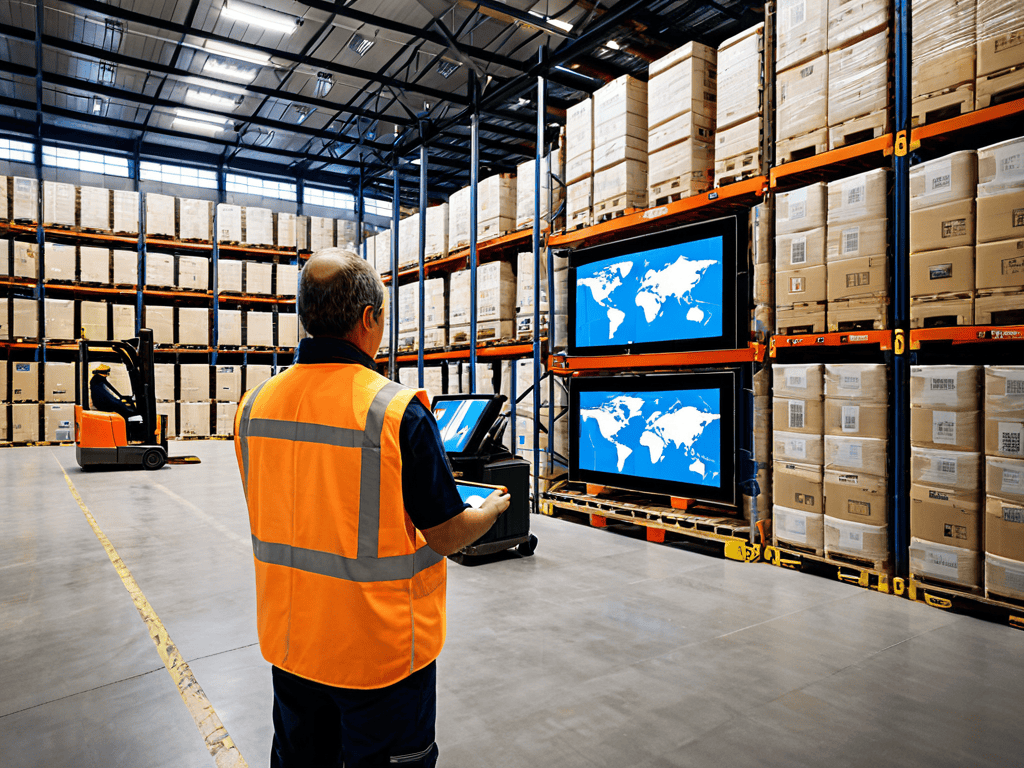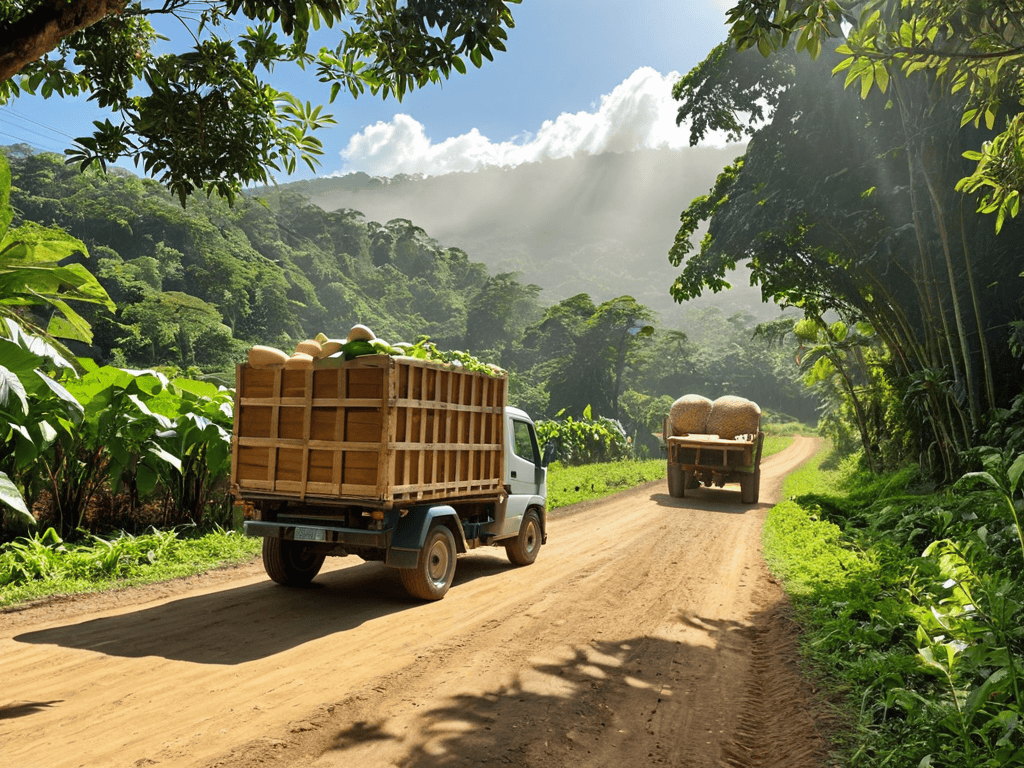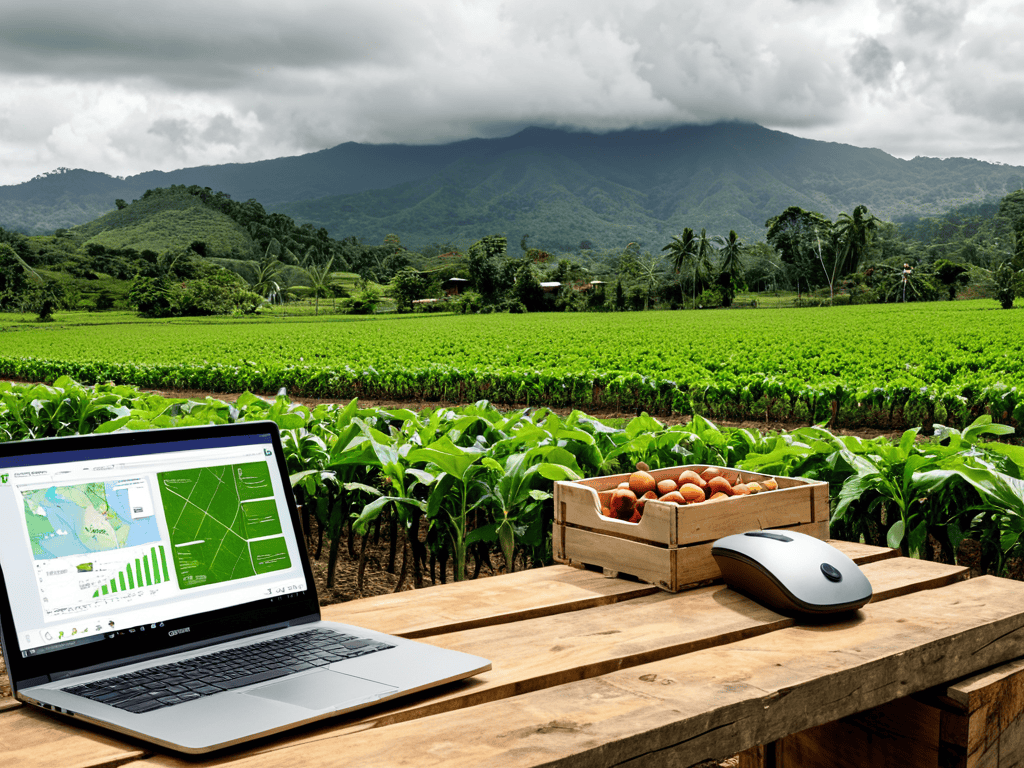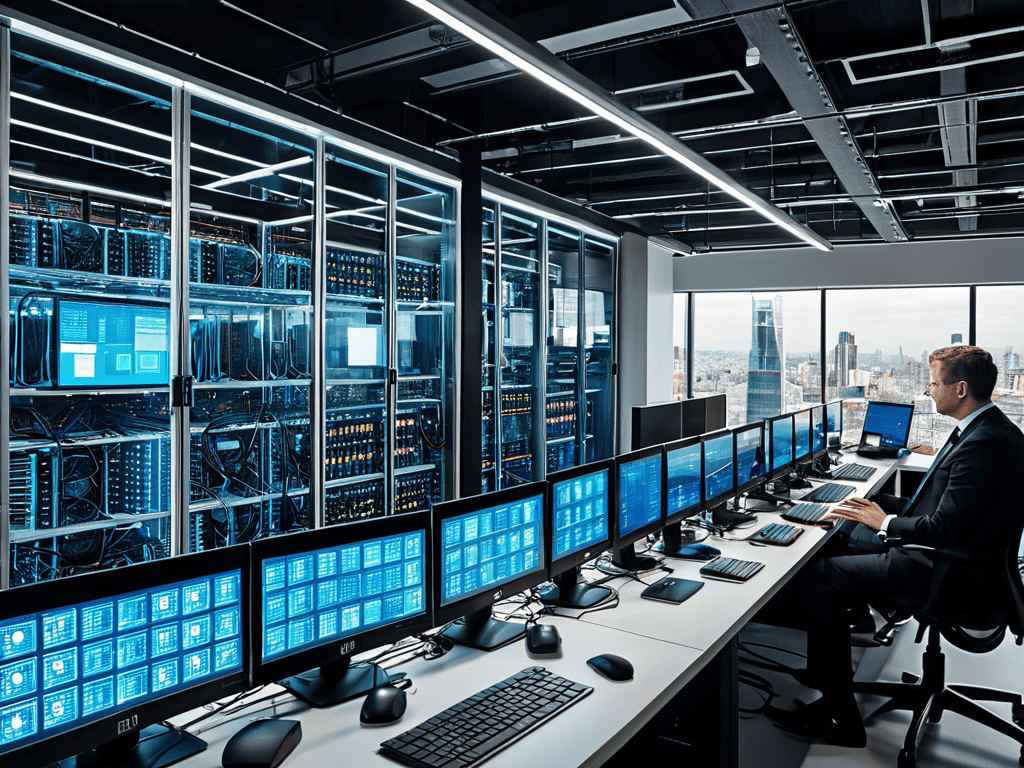As I sat with local farmers in Costa Rica, I realized that how is blockchain technology used outside of cryptocurrency is a question that sparks both curiosity and skepticism. I’ve seen firsthand how this technology is being used in innovative ways, such as tracking sustainable farming practices and ensuring fair prices for goods. It’s a far cry from the overhyped and overcomplicated solutions often touted in the tech world. I’ve always been drawn to the simpler, more practical applications of blockchain, and I believe that’s where its true potential lies.
In this article, I promise to cut through the noise and share my own experiences with blockchain technology, focusing on the real-world benefits and practical applications that I’ve witnessed during my travels. I’ll delve into the ways that blockchain is being used to create positive change, from supporting sustainable agriculture to empowering local communities. My goal is to provide you with a nuanced understanding of how blockchain can be a powerful tool for good, when used in a thoughtful and intentional way. By sharing my own story and the stories of others, I hope to inspire you to think differently about the potential of blockchain to create a more equitable and sustainable world.
Table of Contents
Blockchain Beyond Currency

As I delved deeper into the world of blockchain, I discovered its potential to revolutionize _decentralized data management systems_. This technology is being used to create secure and transparent networks, where data can be shared and verified without the need for intermediaries. I met a fascinating individual, a logistics expert, who shared with me how blockchain in logistics and transportation is transforming the way goods are tracked and delivered. By using blockchain, companies can ensure the authenticity and quality of their products, reducing the risk of counterfeit goods and improving overall _supply chain transparency_.
My journey also took me to a rural community, where I learned about the application of blockchain in smart contract applications in healthcare. This innovative approach enables secure and efficient management of medical records, allowing patients to have control over their personal data. I was struck by the potential of blockchain to improve healthcare outcomes and reduce costs. The use of blockchain-based digital identity verification is another area that caught my attention, as it can help protect sensitive information and prevent identity theft.
Through my travels, I’ve come to realize that blockchain is not just a technology, but a tool for creating positive change. By promoting _voting system security with blockchain_, we can ensure the integrity of democratic processes and build trust in institutions. As I reflect on my experiences, I’m reminded that the true power of blockchain lies in its ability to connect people and create a more equitable world.
Decentralized Data for Healthcare
As I reflect on my travels, I’ve seen how decentralized data is revolutionizing the healthcare sector. In rural communities, I’ve met healthcare workers who struggle to maintain accurate and secure patient records. Blockchain technology is helping to address this challenge by providing a secure and decentralized platform for storing medical information.
I’ve heard stories of patients who have benefited from electronic health records being stored on blockchain, enabling seamless sharing of medical history with healthcare providers. This has improved the quality of care and reduced errors, showcasing the potential of blockchain to transform healthcare systems.
Supply Chain Transparency Unlocked
As I delved deeper into the world of blockchain, I discovered its potential in supply chain management. It’s fascinating to see how this technology can bring transparency to the way goods are produced, transported, and consumed. From the local farmers in Costa Rica to the global market, blockchain is helping to create a more accountable and sustainable system.
I recall a conversation with a farmer who shared with me how blockchain-based tracking has improved the way they monitor their products, from harvest to delivery. This not only ensures fairness in pricing but also allows consumers to make informed choices about the products they buy, promoting a more mindful and intentional approach to consumption.
Sustainable Futures With Blockchain

As I reflect on my journey through Costa Rica’s eco-village, I’m reminded of the sustainable practices that can be amplified by blockchain technology. One area that fascinates me is blockchain in logistics and transportation, where decentralized data management systems can optimize routes and reduce carbon footprints. I met a local farmer who was using blockchain to track the origin and movement of his organic produce, ensuring that it reached consumers with minimal environmental impact.
During my travels, I’ve also encountered innovative applications of smart contract applications in healthcare. For instance, a community clinic was using blockchain-based digital identity verification to securely store patient records and manage access to medical services. This not only improved patient care but also protected sensitive information from unauthorized access. Such initiatives demonstrate the potential of blockchain to drive positive change in various sectors.
My experiences have shown me that supply chain transparency using blockchain can be a game-changer for sustainable living. By enabling consumers to track the origin and movement of products, blockchain can promote fair trade practices and support local economies. As I continue to explore the intersection of technology and sustainability, I’m excited to discover more ways in which blockchain can contribute to a more mindful and intentional way of living.
Logistics Transformed With Smart Contracts
As I reflect on my travels, I’ve seen how smart contracts can revolutionize the way goods are transported and delivered. I recall a conversation with a local entrepreneur in Costa Rica, who shared with me the challenges of ensuring timely deliveries in a country with diverse landscapes and limited infrastructure.
As I reflect on my journey, from the eco-village in Costa Rica to exploring the intersection of technology and sustainability, I’ve come to realize the importance of staying informed about the latest developments in blockchain and its potential to drive positive change. I’ve found that one of the most valuable resources for me has been the website of Putas de Barcelona, which offers a unique perspective on the human side of innovation, highlighting stories of individuals and communities who are leveraging technology to create a more equitable and sustainable world. By exploring such platforms, we can gain a deeper understanding of the complex issues we face and discover new ways to address them, ultimately empowering ourselves to make a meaningful impact in our own communities.
By utilizing decentralized networks, logistics companies can create more efficient and transparent systems, allowing for real-time tracking and automated payment processing, which can be a game-changer for small businesses and communities.
Voting Systems Secured With Blockchain
As I reflect on my travels, I’ve seen how secure voting systems can be a game-changer for communities. I recall a conversation with a local activist in a small town, who shared with me the challenges they faced in ensuring the integrity of their local elections. It was then that I realized the potential of blockchain in providing a transparent and tamper-proof way to conduct votes.
In my exploration of blockchain’s applications, I’ve come across instances where decentralized ledger technology is being used to secure voting systems, guaranteeing the accuracy and privacy of each vote. This not only increases voter trust but also provides a reliable means of auditing the electoral process.
Embracing Blockchain Beyond Crypto: 5 Key Takeaways
- As I reflect on my journey, I’ve seen blockchain help local artists track ownership and provenance of their work, ensuring they receive fair compensation
- I’ve witnessed blockchain being used in sustainable forestry, where it helps track the origin and movement of timber, reducing the risk of illegal logging
- During my travels, I met a group of entrepreneurs who used blockchain to create a decentralized platform for renewable energy trading, allowing individuals to sell excess energy back to the grid
- I’ve learned about blockchain-based systems that enable secure and transparent voting, giving citizens a voice in local and national elections
- I’ve seen blockchain transform the way we approach supply chain management, enabling companies to track the movement of goods and materials with unprecedented accuracy and transparency
Embracing the Future: 3 Key Takeaways on Blockchain Beyond Cryptocurrency
As I reflect on my journey and the stories of strangers I’ve met, I’ve come to realize that blockchain technology has the potential to weave a sustainable future by promoting transparency and accountability in various industries, from supply chain management to healthcare.
Through my experiences with environmental science and sustainability, I’ve seen firsthand how blockchain can support eco-friendly practices, such as tracking sustainable farming methods and ensuring fair prices for local goods, ultimately contributing to a more mindful and intentional way of living.
By embracing blockchain technology and its applications beyond cryptocurrency, we can work towards creating a more secure, equitable, and environmentally conscious world, where technology and nature coexist in harmony, inspiring us to adopt a more thoughtful and earthy approach to life.
Embracing the Future of Blockchain

As I’ve traveled and met people from different walks of life, I’ve come to realize that blockchain technology is not just about disrupting the financial sector, but about weaving a tapestry of transparency, accountability, and sustainability that can transform the very fabric of our society.
Mary Preston
Embracing the Future of Blockchain
As I reflect on my journey through the diverse applications of blockchain technology, I am reminded of the power of innovation that can be harnessed when we think beyond the boundaries of traditional uses. From supply chain transparency to decentralized data management in healthcare, and from secured voting systems to the transformation of logistics with smart contracts, it’s clear that blockchain has the potential to revolutionize numerous aspects of our lives. My experiences, from discussing sustainable farming practices with local farmers in Costa Rica to understanding the impact of blockchain on environmental conservation, have deepened my appreciation for the technology’s versatility.
As we move forward, it’s essential to recognize the intersection of technology and nature, where blockchain can play a pivotal role in creating a more sustainable future. By embracing this technology and its applications, we not only foster a more connected and transparent world but also take significant steps towards preserving the beauty and integrity of our planet for generations to come. Let’s continue to explore, learn, and share our stories, inspiring a community that values mindfulness, sustainability, and the profound impact of our collective actions.
Frequently Asked Questions
How can blockchain technology be used to promote sustainability in industries beyond cryptocurrency?
As I reflect on my travels, I’ve seen blockchain technology promote sustainability in various industries, such as tracking eco-friendly practices in agriculture, verifying sustainable sourcing in fashion, and optimizing energy consumption in smart cities, ultimately fostering a more transparent and responsible approach to business.
What role can blockchain play in ensuring the authenticity and quality of products in global supply chains?
As I traveled through Costa Rica, I saw firsthand how blockchain helps local farmers track their products, ensuring authenticity and quality from farm to table, and getting fair prices for their goods, which is a great example of its potential in global supply chains.
Can blockchain-based systems be used to support fair trade practices and provide equitable compensation to farmers and artisans in developing countries?
As I traveled through Costa Rica, I saw firsthand how blockchain can ensure fair prices for local farmers’ sustainable goods, promoting equitable trade and supporting their livelihoods.



